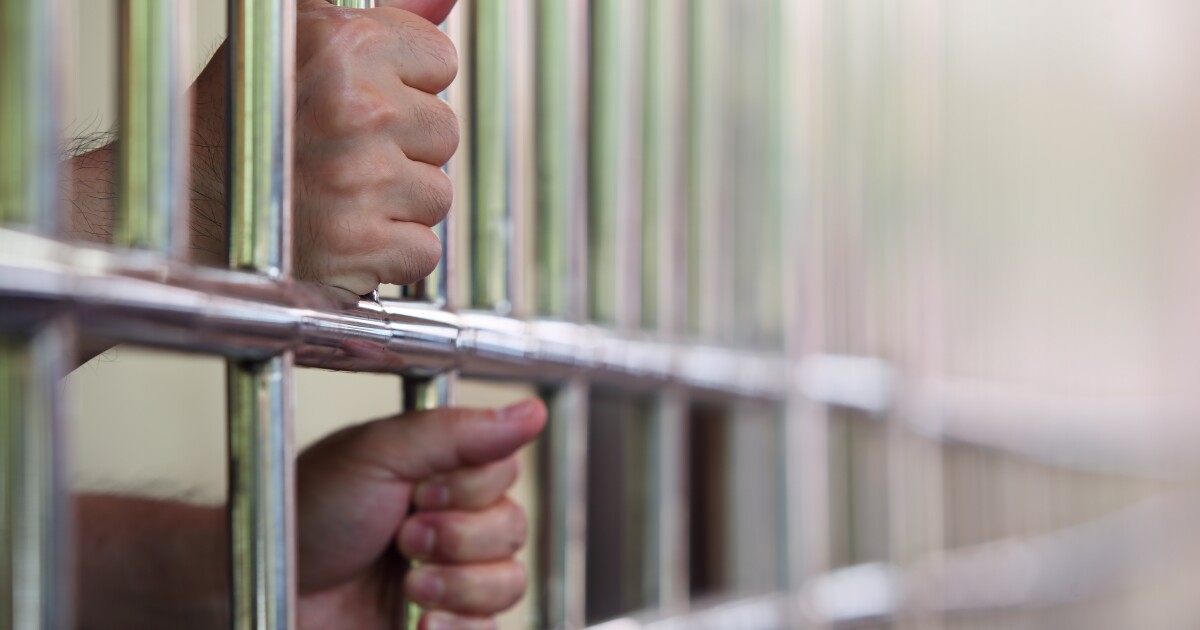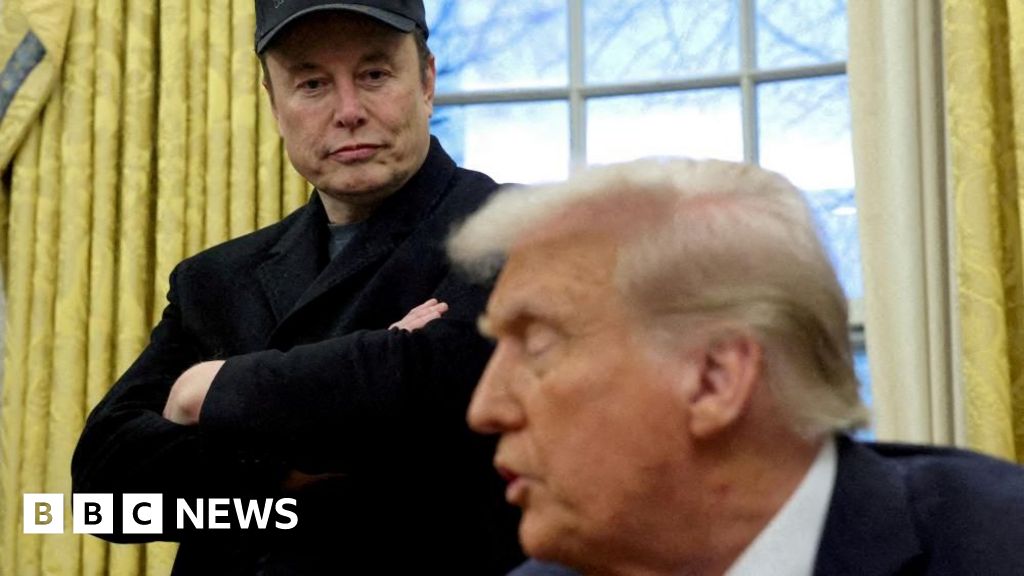Receive free Hollywood updates
We’ll send you a myFT Daily Digest email rounding up the latest Hollywood news every morning.
Hollywood actors have joined screenwriters on the picket line, shutting down TV and film production in the industry’s first joint strike in more than six decades after talks with the major studios collapsed.
The move came after SAG-AFTRA, the union representing more than 160,000 television and film actors in Hollywood, voted unanimously to recommend strike action after the midnight deadline for contract negotiations elapsed.
“A strike is an instrument of last resort,” said Duncan Crabtree-Ireland, executive director of SAG-AFTRA.
Some work on film and TV productions has continued since the writers went on strike on May 2, but without actors, activity in Hollywood will grind to a halt. The industrial action comes as cinema owners were beginning to celebrate the first full slate of summer movies since 2019, the year before the coronavirus pandemic struck.
Actors will join the writers on the picket lines on Friday. The strike will prevent stars from doing promotional work for new films, including Barbie and Oppenheimer, which will be released on July 21. The London premiere of Oppenheimer was moved forward by an hour so that the cast could walk the red carpet before the announcement.
The strike is the first by both actors and writers since 1960, when they walked out over how much TV networks paid for films. At the time, Ronald Reagan was president of the Screen Actors Guild, a predecessor to SAG-AFTRA.
It follows a month of tense negotiations between Hollywood’s biggest union and studio and streaming services over issues including actors’ remuneration for artificial intelligence “digital doubles”. The expiry date of the previous three-year contract had been extended to July 12 to allow talks to continue.
Early on Thursday morning, Fran Drescher, SAG-AFTRA’s president, and Crabtree-Ireland, the union’s chief negotiator, said the movie studios remained “unwilling to offer a fair deal on the key issues”, adding that their responses to proposals “have not been adequate”.
“Despite our team’s dedication to advocating on your behalf, the [Alliance of Motion Picture and Television Producers, the group representing studios and streamers] has refused to acknowledge that enormous shifts in the industry and economy have had a detrimental impact on those who perform labour for the studios,” the pair said. The last big actors’ strike took place in 1980.
Negotiations between movie studios and the actors’ union have centred on the same flashpoints as those that led writers to walk out. Rules around compensation for films sold to streaming services and contractual guarantees about the use of AI in films and TV have proved particularly contentious.
“A strike is certainly not the outcome we hoped for as studios cannot operate without the performers that bring our TV shows and films to life,” the AMPTP said on Thursday. “The union has regrettably chosen a path that will lead to financial hardship for countless thousands of people who depend on the industry.”
Asked on Thursday about the possibility of a joint strike, Disney chief executive Bob Iger told CNBC it was the “worst time in the world” for work stoppages as the industry seeks to fully recover from the pandemic.
“There’s a level of expectation that they have that is just not realistic,” Iger said. He predicted that strikes would have “a very, very damaging effect” on the industry.
Last month, more than 300 leading Hollywood stars, including Jennifer Lawrence and Meryl Streep, wrote to SAG-AFTRA leadership supporting possible strike action.
“We feel that our wages, our craft, our creative freedom, and the power of our union have all been undermined in the last decade. We need to reverse those trajectories,” they wrote in an open letter.
About 98 per cent of voting SAG-AFTRA members supported possible strike action when a ballot of more than 60,000 performers was held last month.
Credit: Source link










